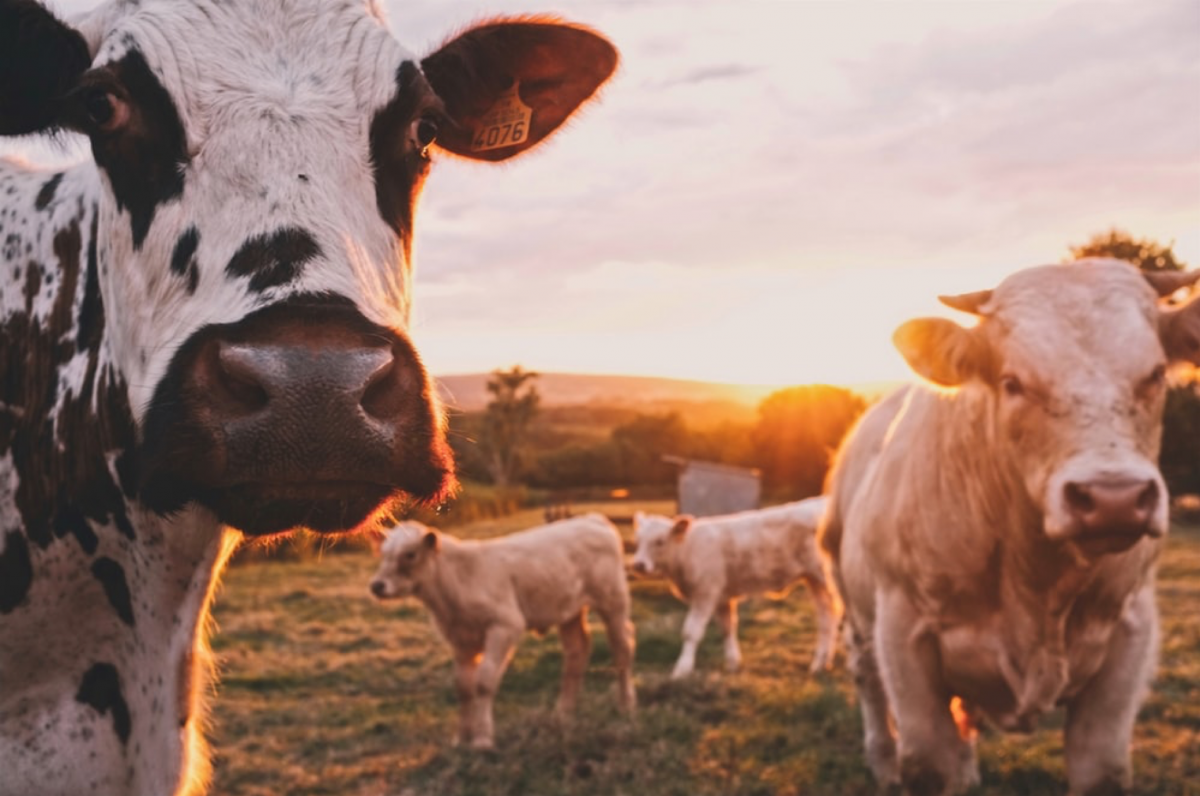


If the current trajectory of the public consciousness is any indication, the coming age will be one of unprecedented interest in green living and technologies. As facts like severe pollution and climate change are being increasingly acknowledged by even the most political of politicians, this could and should mean changes to many fundamental aspects of our lives. Transport Transportation is a necessity in modern life, and this is an aspect that is not likely to change anytime soon. What is changing, however, is the reliance which many of us have on purchasing our own vehicles. Instead, improved infrastructure will likely allow us better travel through public systems, where cars might serve as temporary green tools rather than permanent investments. Take the example of travelling to Spain, the UK’s favourite holiday destination. Despite its world-renowned beauty, Spain is still a place like any other which suffers from pollution, and travel can exacerbate this. One of the most popular ways which we combat the unavoidable pollution of travel is by turning to services like Malaga car hire. As one of the more progressive rental services, Malago has a heavy interest in offering green cars, which can help contribute to lower levels of emissions on this leg of a journey. On a much larger scale, and on an even longer-term, progress within transportation will likely require significant infrastructural overhauls. Well-developed rail services can be especially beneficial in this regard, though this could take time as many existing systems require an immense systemic upgrade to again become viable.
Another area of our lives that could soon see a notable shift is that of our diet. For millennia, we have relied on an enormous amount of farming to meet demand. While many horticultural components of this are unlikely to change, recent developments in artificial meat production have made considerable steps improving the agricultural side of the farming equation. For the average consumer, the biggest hurdle in this regard is taste and texture, both of which have been seeing definite improvements over time. However, the environmental benefits of growing meat from cultures are also startling. According to this article from Forbes, livestock farming is responsible for around 18% of total greenhouse gas emissions. On top of this, they take up around 70% of all arable land, with 46% of all crop production going into keeping these animals fed.  Cultured meats, as they currently stand, would reduce these emissions and levels of consumption on a massive scale. One producer of this new form of meat, Mosa Meats, claims their process requires 99% less land than the traditional alternative, and 96% less water. If these numbers are even close to true, then the advances on this front are well worth pursuing. No less important at this stage are the advantages as seen with ethical concerns. Being able to rely on cultured meats means saving the lives of millions of animals from the slaughterhouse, which few could argue against.
Cultured meats, as they currently stand, would reduce these emissions and levels of consumption on a massive scale. One producer of this new form of meat, Mosa Meats, claims their process requires 99% less land than the traditional alternative, and 96% less water. If these numbers are even close to true, then the advances on this front are well worth pursuing. No less important at this stage are the advantages as seen with ethical concerns. Being able to rely on cultured meats means saving the lives of millions of animals from the slaughterhouse, which few could argue against.
Some improvements in terms of both transportation and cultured foods are already in early production. While it might be a few decades before these technologies are firmly in mass use, we can at least do our best to help ensure that such developments are well utilised in the future. With worldwide pollution and environmental issues more pronounced than they have even been, it’s far past the time we started working towards a solution. These options may only cover part of the path, but their importance can none-the-less not be understated. These changes will take time but, hopefully, they could help guarantee a better and healthier tomorrow for everyone.
